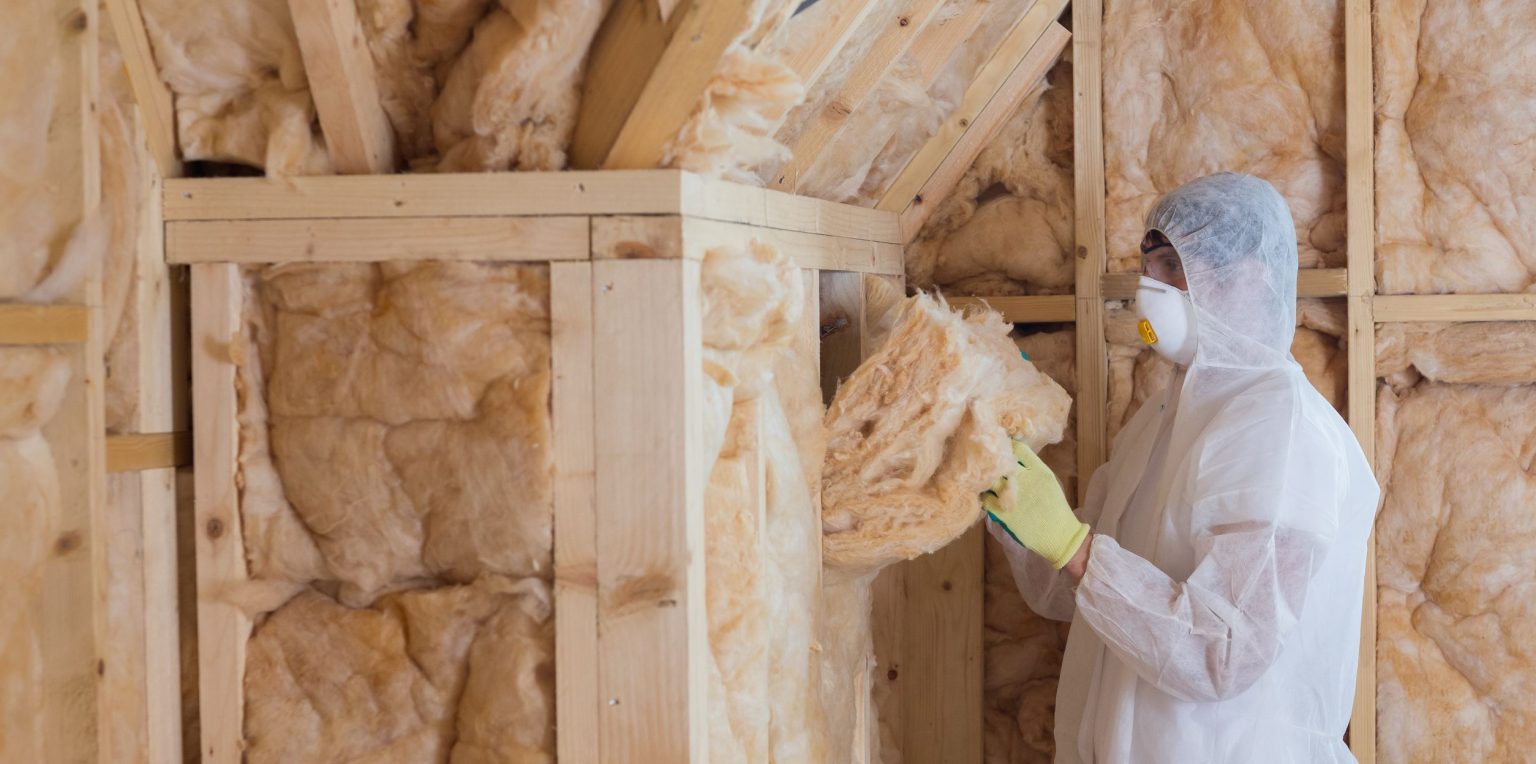Asbestos FAQs (Frequently Asked Questions)
Take a look at our asbestos frequently asked questions today. If you’re wondering what the most frequently asked questions about asbestos are, read on to keep yourself and others safe.
Is asbestos banned in the UK?
The use of asbestos has been banned since 24th of August 1999. The ban became legal through The Asbestos (Prohibitions) (Amendment) Regulations 1999. This legislation was wide-ranging and banned the sale, lease, hire, hire-purchase, loan, gift, or exchange of asbestos and also its importation into the UK. Although asbestos was banned 20+ years ago, it is still impacting people’s lives today and will continue to do so for decades to come.
What types of asbestos are there?
There are two main types of asbestos, these are:
- Serpentine Asbestos (also known as white asbestos) and
- Amphibole asbestos – these consist of various minerals and colours vary including blue, brown, green, grey, and yellow. The amphibole asbestos family includes actinolite, amosite, anthophyllite, crocidolite, and tremolite
See: our definitive article on this topic here.
How many deaths does asbestos cause each year in the UK?
More than 5,000 people are dying from asbestos-related illnesses every year in the UK. Asbestos history shows it was used as a building material as recently as 1999. This means there’s a big chance of the building you live or work in containing asbestos. Statistics from the HSE (Health & Safety Executive) published in 2021, relating to 2019 revealed:
- Mesothelioma – 2,369 deaths
- Lung cancer – 2,500 deaths (estimate) and
- Asbestosis – 490 deaths
What kind of diseases does asbestos cause?
Asbestos is linked to a wide range of serious illnesses. These include mesothelioma, which is almost always caused by asbestos exposure. Lung cancer can also be caused by asbestos exposure. Although asbestosis isn’t always fatal, it can reduce the quality of life substantially. Diffuse pleural thickening is also linked to asbestos and can leave people feeling breathless. Read our detailed article on this topic here.

How long does it take for asbestos symptoms to appear?
It can take between 15-60 years for people to develop asbestos symptoms once they have been exposed to asbestos. Even though asbestos was banned in the UK in 1999, past exposure is still causing deaths and new cases to be diagnosed each year. Even if you are still young, repeated exposure to asbestos could lead to serious health problems in later life.
What should I do if I suspect asbestos is present on my property?
If you think asbestos is present on your property, you should have an asbestos survey carried out. A risk assessment will need to take place before any removal work takes place. The risk assessment will tell you if the asbestos needs to be removed by a licensed contractor. If asbestos is present in cement, you may be able to remove this without a licence as long as you have accessed sufficient information and training.

How often does asbestos training need to take place?
Training for both licensable and Non-licensable work needs to take place each year if your staff will be personally removing asbestos. If you only require awareness training, you don’t need to repeat this each year. Refresher training can form part of general health and safety training in this case. Read about our asbestos awareness training courses for further details.
Who provides accreditation for asbestos-related work?
UKAS (United Kingdom Accreditation Service) is the body that’s responsible for accrediting asbestos-related work in the UK. The names of all accredited analysts can be found on the UKAS website.
Who has a ‘duty to manage’ asbestos?
Anyone who is responsible for maintaining and repairing commercial premises has a ‘duty to manage’ asbestos. This requirement is part of the Control of Asbestos Regulations 2012 (Regulation 4). If asbestos is present or presumed to be present, the person with this responsibility has a legal obligation to manage it.
What is an asbestos survey?
If you suspect asbestos is present on your property, you should have an asbestos survey carried out. This survey will tell you whether asbestos is present, whereabouts it is located, how much you have and the kind of asbestos-containing materials you need to deal with.
Once the survey has been completed, a risk assessment and management plan can be completed. During the survey, asbestos-containing materials will be sampled and analysed. Surveying can only be completed by a competent professional who has sufficient experience in this area.
What are ACMs?
You may see the term ACM used on the internet and on our website. ACM stands for asbestos-containing materials. It refers to any material which contains asbestos. Examples include ARC shields, asbestos paper, asbestos reinforced plastics (such as bakelite), cement products, gaskets, insulation boards, roofing felt, sprayed coatings, textured coatings, thermal insulation, and asbestos tiles as well as many others.
For information on this topic, visit our article – “What is Meant by ACMs in Relation to Asbestos?”
What is a control limit?
The control limit is defined as 0.1 asbestos fibres per cubic centimetre of air (0.1 f/cm3). If this level is likely to be exceeded, workers must wear suitable Respiratory Protective Equipment (RPE).
When might someone need an asbestos license?
Some asbestos-containing materials can only be handled by those with a license from the HSE. Licences are rarely granted for over three years. This means the quality of licence holders’ work can be assessed regularly, and licences can be reviewed.
Does all work with asbestos materials need a licence?
Some lower-risk materials don’t require a licence. Work involving asbestos insulation, sprayed asbestos coating and asbestos insulating board requires a licence as the work is more hazardous.
What will happen if I don’t book an asbestos survey?
If you’re running a business and have workers on your premises, you have a duty of care to them. You also have a duty of care to anyone else who enters your building, including the general public and visitors. If you are a dutyholder, you need to find out whether any risks are present on your premises. As asbestos can be so difficult to identify without professional assistance, it is important to have a survey carried out if there is any chance the material is present. Removing asbestos from your building can also increase its value.
If asbestos is found, dutyholders can keep occupants safe by managing their risk and following an asbestos management plan. The asbestos management plan will include information on the measures being taken to eliminate or greatly reduce the risk of asbestos harming the occupants. If asbestos is on your premises and people experience substantial health problems because of it, you could face fines and tough penalties. You could even be prosecuted if you a duty holder but fail to have a survey carried out. Your premises could also be closed down until your building is deemed safe.
Why is there a need for an asbestos management plan?
As we said in our previous answer, the asbestos management plan follows the asbestos survey. It makes sense to plan, to sensibly manage all aspects of the asbestos project. As well as making sense it is also a legal requirement.
Section 7 of the Care of Asbestos Regulations 2012 covers plans in the heading: “Regulation 7 – Plans of Work”. This section mandates that a) a plan is required, b) a copy is kept onsite, c) asbestos must be removed before major work begins, d) six types of details are included within the plan and e) the plan must be worked to unless written changes are made.

Are all asbestos surveys the same?
No. There are three typical types of asbestos survey. These are:
- Management survey - An asbestos management survey is used to locate the presence and extent of asbestos-containing materials in a building
- Refurbishment survey - A pre-refurbishment asbestos survey is required before you carry out any refurbishment work and
- Demolition survey – you will need to have a pre-demolition asbestos survey completed before any demolition work takes place too
What are some examples of asbestos jargon and terms?
A few examples are ACMs (asbestos-containing materials), CAR 2012 (The Control of Asbestos Regulations 2012), and PPE (personal protective equipment). There are so many terms it is impractical to list them all here, to read a comprehensive list read our related article - https://www.safeline-environmental.co.uk/asbestos-glossary-of-terms-terminology/.
Do you have any specific city and regional pages?
Absolutely, yes these are (in alphabetical order):
Towns and cities - Birmingham, Brierley Hill, Bristol, Bromsgrove, Cannock, Cheltenham, Coventry, Derby, Dudley, Evesham, Halesowen, Kingswinford, Leamington Spa, Leicester, Lichfield, Malvern, Newcastle, Nuneaton, Redditch, Rugby, Solihull, Stoke on Trent, Stourbridge, Stourport, Sutton Coldfield, Tamworth, Telford, Walsall, Wolverhampton and Worcester
- Regions - Gloucestershire, Warwickshire and West Midlands
What asbestos industry memberships and accreditations does Safeline Environmental have?
Safeline Environmental holds various memberships and accreditations which are listed below:
- ARCA – (Asbestos Removal Contractors Association), is a place for customers requiring asbestos-related services to find verified and accredited asbestos removal companies - view Safeline Environmental’s ARCA listing here
- CHAS accredited contractor – we are accredited with CHAS (The Contractors Health and Safety Assessment Scheme)
- Construction Line certificate – we hold a certificate with Construction Line
- Environment Agency accreditation – Safeline Environmentalare accredited at the upper tier (highest level) as an accredited carrier of asbestos waste click here to view our listing
- HSE license - Safeline holds a Health and Safety Executive 3 year asbestos removal license
- ISO accreditation - Safeline are ISEO accredited to ISO 9001, 14001, and 45001 with the Lloyds Register
- RoSPA member – we are members of the Royal Society for the Prevention of Accidents (RoSPA) and
- Safe Contractor accredited – we are an accredited member, which verifies our health, safety, and ethical policies
These are just some of the asbestos FAQs we are commonly asked at Safeline. If you need to find out more about safely managing or asbestos waste collection from your premises, don’t hesitate to contact us.
Contact us today
You can reach Safeline today by completing the form on our site. Alternatively, you can send an email to info@safeline-env.co.uk or call us on 01299 251083. Our asbestos specialists are ready to hear from you right now, so why wait any longer to drop us a line? We can help you reduce or eliminate the risks associated with asbestos, giving you the peace of mind, you need and allowing you and your staff to work in a safer, healthier environment.
Image Credits: MChe Lee and Chuttersnap

